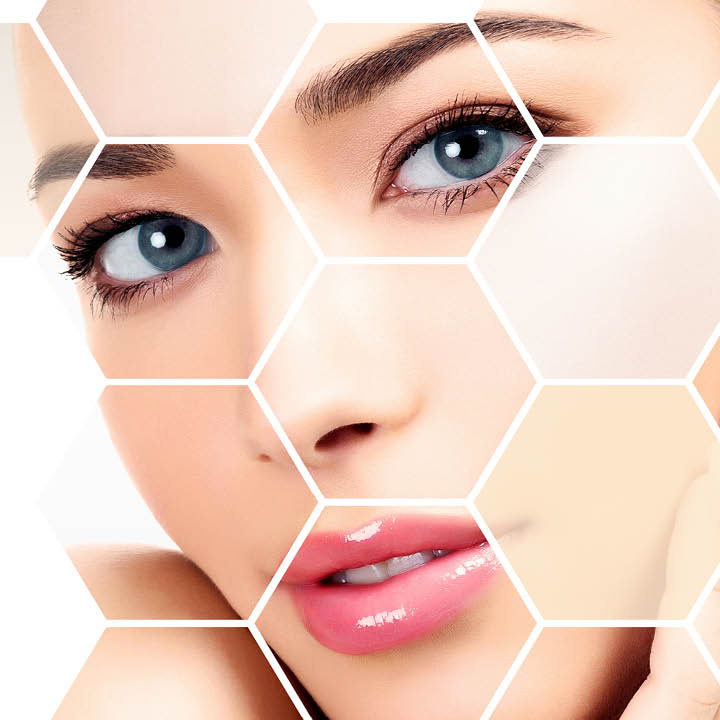Rosacea, sometimes referred to as acne rosacea, is a non-contagious skin condition. It appears as flushing, redness, sensitivity, stinging, rashes or yellow-headed pimples. The nose can become bumpy and enlarged in severe cases. Acne Rosacea typically appears on the face, but it can also appear on the upper arms and back.
Who does Rosacea Affect?
The condition is most common in Caucasian skin types, and it typically occurs in females and between 30-50, but men can be affected, too.
What causes Rosacea?
The cause is unknown, but it is triggered by inflammation. Alcohol, spicy food, hot drinks, temperature extremes, stress, strenuous exercise, and incorrect use of skin care, can cause inflammation.
New theories suggest an overgrowth of bacteria in the small intestine, related to a high sugar diet, can trigger outbreaks. This condition is called Small Intestinal Bacteria Overgrowth (SIBO). SIBO is also linked to insufficient production of stomach acid, digestive enzymes and bile.
The bacterial overgrowth causes inflammation to the gut lining. Bacterial waste enters the bloodstream, which causes inflammation in the skin.
At Home Treatments
Milder forms respond well to skincare incorporating Niacinamide (vitamin B3), which is a natural anti-inflammatory. It supports the rebuilding and strengthening of the skin’s barrier function.
Foods rich in B Group vitamins can help, too. The most readily available forms come from meat. Eggs, tempeh, tofu and some fortified soy milks are other good sources.
Fermented foods are known to contain live microorganisms that have a probiotic effect in the gut, so can provide some relief. These include sauerkrauts, tempeh and Kombucha.
It is also important to avoid the aforementioned triggers.
In Salon Treatments
Anti-redness facials and some in-salon light therapies can help. However, Acne Rosacea can be stubborn and long-lasting, so it’s advisable to explore more advanced clinical treatment.
In Clinic Treatments
Acne Rosacea responds well to photo-facials, laser and light therapies. A registered cosmetic nurse, a dermatologist or a cosmetic physician must administer these therapies. Certain topical or oral medications, as prescribed by a doctor, can help in some cases.












